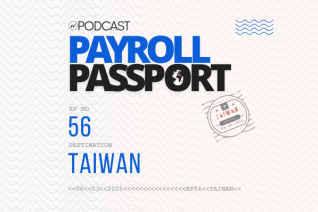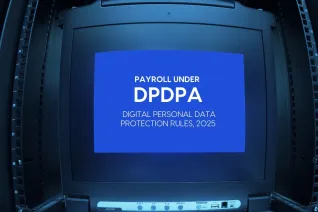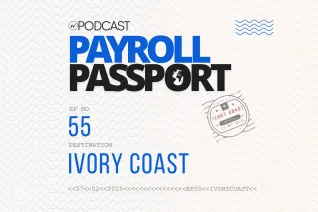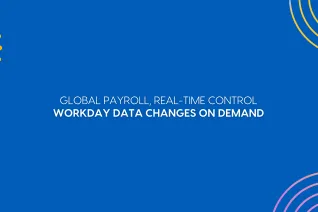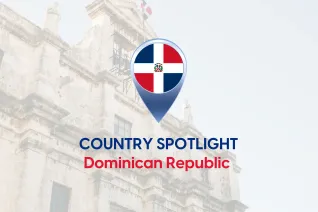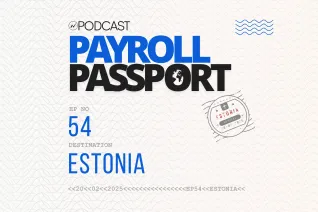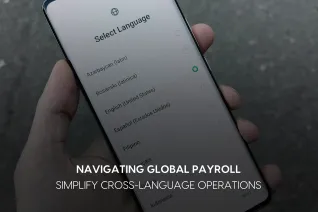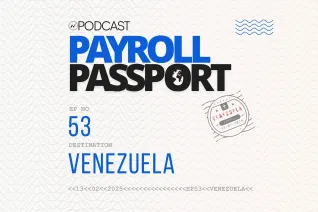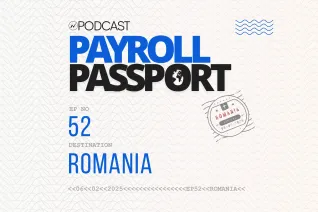Country Spotlight: Employer of Record in the Philippines
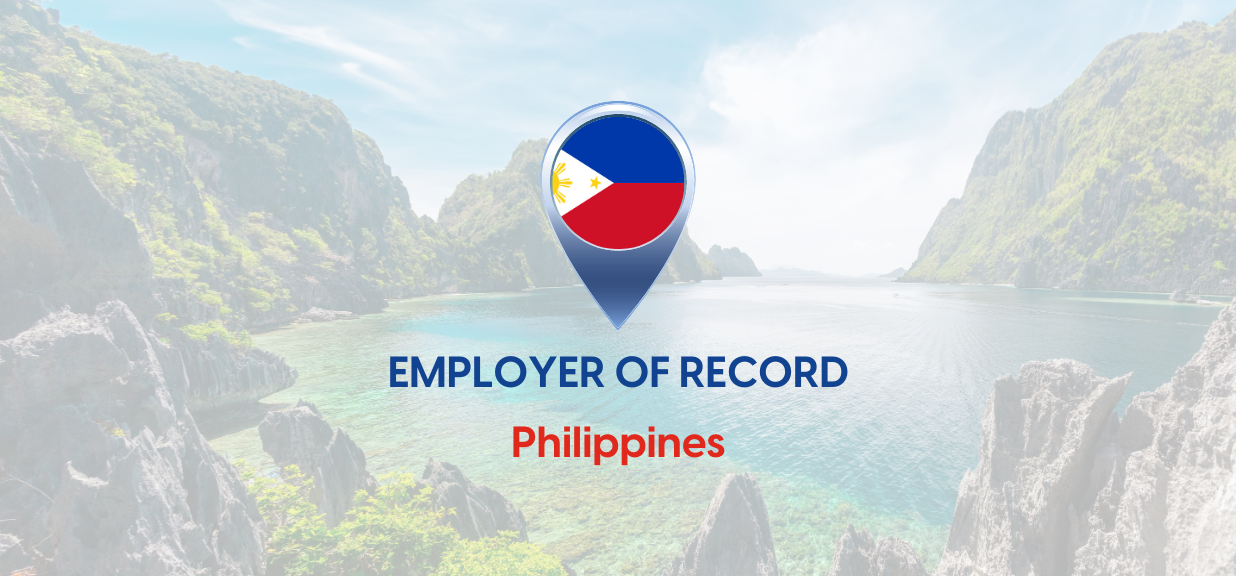
The Philippines is an archipelago of over 7,600 islands, with over 500 of them founded as recently as 2017. The country has over 2,000 inhabitable islands, and it is said that it would take an individual over 21 years to be able to visit every island. Similar to its endlessly scattered islands, the Philippines also boasts an endless stream of talent within the country.
Just as each island reveals its attractions and uniqueness, Filipinos also have a vast array of skills and talents. The country's workforce is filled with ingenuity and creativity in every corner. The country has much more to offer apart from musical talents and nursing, two professions it is known for, such as talents in engineering, aviation, chemicals, and so much more. With over 50% of the population under 30, the Philippines is a paradise for employers looking to recruit young and fresh top talent.
But, hiring in the Philippines comes with its own challenges and hurdles. It is an expensive and time-consuming affair to set up a local entity in the country, and with daunting labour laws that vary across regions and complicated leave policies, outsourcing your Global Hiring needs to an Employer of Record (EOR) provider, such as Neeyamo, might you be your simplest and most cost-effective solution to global expansion.
Minimum Wage:
The minimum wage in the Philippines varies from PHP 282 per day in some regions to PHP 610 in others and can also vary based on industries, shifts and positions.
Overtime:
The standard working hours in the Philippines are eight hours per day. Any time worked beyond that counts for overtime. The overtime compensations are as follows:
- Employees who work more than the standard hours are entitled to their daily salary and a minimum of 25% additional pay.
- Employees working on special holidays are entitled to their daily salary and a minimum of 30% additional pay for overtime hours.
- On legal holidays, employees are entitled to compensation of double their salary for overtime hours.
- Those in supervisory or managerial roles are excluded from overtime pay.
Onboarding:
Hiring and onboarding processes in the Philippines are complicated, with varying regulations, policies, contractual terms and mandates. Additional requirements may occur based on industries and companies’ internal policies. Though these may be time-consuming, they can easily be handled.
Also Read | Country Spotlight: Payroll in the Philippines
In the Philippines, employer records must hold certain mandatory documents such as a transcript of the employee’s CV, identification proof, social security ID, BIR Tax Identification Card, etc. However, this list only applies to hiring local employmees and those considered Philippines residents. For hiring foreign employees, other documents must be submitted; they are:
- Alien Employment Permit
- Employee Visa (9G)
- Passport with a Valid Visa
- Bureau of Quarantine Medical Clearance Certificate
Keeping track of these forms and documents for every employee is a hassle, but with Neeyamo’s Global Work Soution, the burden will no longer be yours to bear.
Absence:
Keeping track of time and absences for multiple employees without an automated system could be tricky, especially in a country like the Philippines with a complicated leave system. But using platforms such as Neeyamo’s time and absence management system can simplify tracking tricky time-offs such as:
- Pregnant employees in the Philippines are entitled to 105 days of fully paid maternity leave for each pregnancy, and male employees are entitled to 7 days of leave per each child, up to four children.
- Male employees are eligible to take this leave within 60 days of the birth of their child. The employer may then pay the paternity leave after submitting the documents to the Social Security System (SSS) program to receive their reimbursement.
- Leaves for employees vary, with some employees receiving five days of paid leave per year and others in higher positions receiving 15 days.
Legal Framework:
The Philippines has a web of complex legal frameworks governing labour, and it is easy to get tangled up in it if not careful enough. Without frequent revisions and updates, one could misstep or make an error in the formalities related to payroll taxes, employment contracts, background checks, etc.
To prevent these oversights, Neeyamo provides its customers with services such as designated platforms for onboarding and offboarding, Human Resources (HR) document generation, employee records management and more for a more optimised management system.
Neeyamo also offers its customers in the Philippines the benefits of an in-house compliance and in-country support team to stay updated on all changes and revisions.
With an adept team with over nine years of experience in the Philippines EOR, Neeyamo can provide its customers with the smoothest hiring process and payroll management, all with the help of one solution, Neeyamo’s Global Tech Stack.
For queries on EOR in the Philippines and more, connect with an expert here or write to us at irene.jones@neeyamo.com.
Latest Resources
Stay informed with latest updates
If you're curious and have a thirst for knowledge pertaining to the HR, payroll, and EOR universe, don't miss out on subscribing to our resources.




